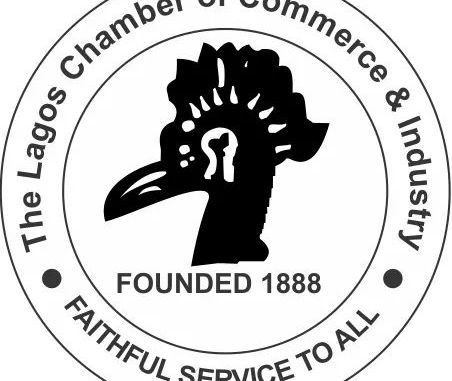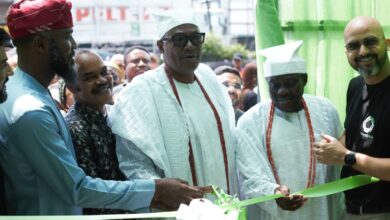LCCI tasks creative sector operators on legal structure utilization

The Lagos Chamber of Commerce and Industry (LCCI) has urged operators in the creative industry to utilise legal structure provisions to optimise the sector.
Mrs Toki Mabogunje, President, LCCI who gave the charge at the chamber’s Creative and Entertainment Group webinar themed: “Understanding the Importance of Legal Structures in the Creative and Entertainment Sector” described the sector as a vibrant one with advanced influence in music, media, film, and literacy across Africa and the world
Mabogunje, represented by Mr. Gbenga Ismail, Vice President, LCCI noted that its contribution to national output, foreign capital inflow, income and employment had increased significantly in recent years even amidst the devastating impacts of the COVID-19 pandemic.
Mabogunje said the population growth occurring simultaneously with the urban revolution in many African countries implied that enhanced disposable income would be expended on services consumption including entertainment.
She noted that the current momentum and positive outlook of the sector, enabled by advancement and access to technology, highlighted the importance for all players to familiarise themselves with the laws, policy and guidelines relatable to the sector.
“Nevertheless, there are laws governing intellectual property in Nigeria that generally form the legal framework of the creative and entertainment industry, since apparently, all activities in the industry are intellectual property related.
“The Federal Government created entertainment and creative services department out of the department of culture in 2017 for coordination and effective implementation of policy in the sector.
“It is important for all players to understand these legal instruments and be able to apply them to contractual agreements, intellectual property management and other critical aspects.
“This will not only reduce misgivings and eliminate exploitation perpetuated by ignorance, but it will also empower the capacity of operators and players to conduct their activities without breaching any laws,” she said.
Ms Uduak Oduok, a fashion and entertainment lawyer, highlighted reasons for the importance of understanding the legal framework of the sector to include profit-making, identity, intellectual and creative property protection and intergenerational wealth.
Oduok said many Nigerian kinds of music was being played globally without the artists collecting royalties.
She said some key areas to look out for in entertainment contracts was whether the agreement was based on collaborations or otherwise, whether it was exclusive if not, and the duration of the deal, among others.
“There is also the distribution right, literary rights, publishing and all others that come with the whole monetisation spectrum.
“Trademarks, patent and trade secret laws are also there to help protect intellectual property.
“The most important thing for any contract is to understand how it terminates.
“You need to understand the triggers of what makes it terminate and what should happen when it ends,” she said.
Mrs Funmi Iyayi, Director, LCCI International Arbitration Centre, urged players in the sector to embrace alternative dispute resolution services such as arbitration and mediation.
Iyayi said these services were confidential, saved time and provided room for better reconciliatory chances.
“You must have yourself prepared for dispute when they arise and need to broaden your understanding of the options you may want to consider in resolving these conflicts.
“You must have something documented as your contract, going forward, with clear cut provisions for when a dispute arises.
“In your contract, you must specify the particular alternative dispute resolution method you want,” she said.
Ms Lamide Akintobi, the media producer and journalist, urged media practitioners to invest in a lawyer for contracts to engender more structurally developed business agreement.
Mr Ade Olufeko, Chairman, Creative and Entertainment Group, LCCI, stated the need to upgrade the industry’s rules of engagement to accommodate the expanding global arts community.
“The creative sector is one of the untapped sectors in Nigeria and we are at a point where we need to understand its legal structures.
Source: WorldStage




